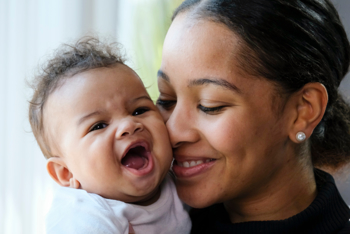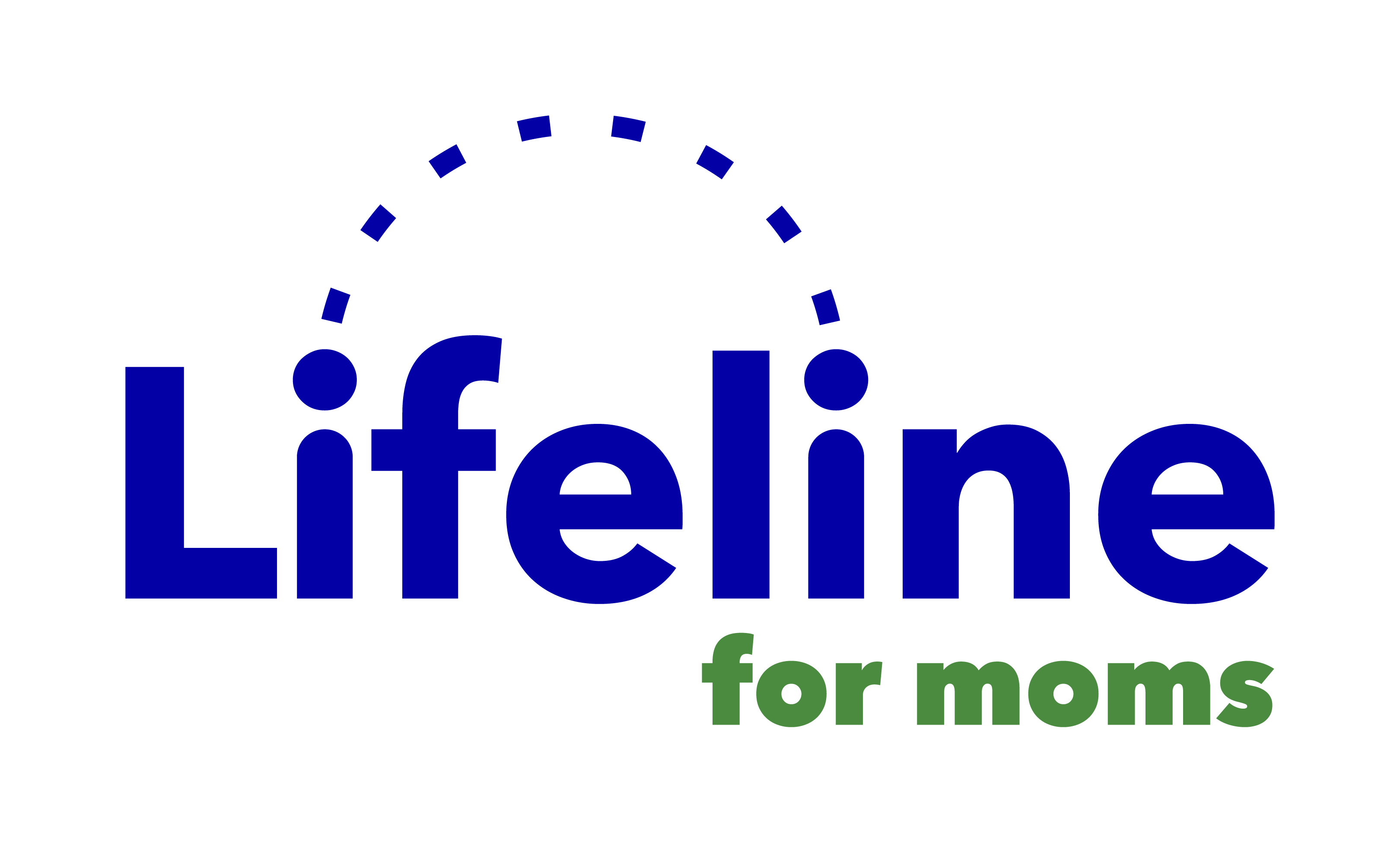What We Do: Promote Perinatal Mental Health
We work with:

Health systems
![]()
Medical practices
![]()
State and federal agencies
and other organizations
![]()
Perinatal care
professionals

Perinatal Psychiatry Programming:
How We Help
Our award-winning program, MCPAP for Moms, has paved the way for perinatal care professionals, policymakers, advocates, and communities to transform how expectant and new parents receive mental health care. When you partner with us, you benefit from:
Expertise: Our leadership team includes clinicians who have committed their careers to helping integrate mental health care into perinatal care settings. A first-of-its-kind, national model for perinatal mental health care (MCPAP for Moms) emerged from this singular focus. And our experts continue to leverage their research, evidence-based interventions, and real-world experience to guide others who want to increase care access in their own communities.
Commitment to iterative learning: We test and evaluate our perinatal mental health trainings, interventions, and other products in partnership with perinatal and pediatric care professionals in academic, medical, and community-based settings. We apply what we learn and stay nimble in addressing perinatal individuals’ evolving needs. This real-world experience and growth mindset enables us to help you overcome barriers and challenges unique to your environment.
Commitment to diversity, equity, and inclusion (DEI): We are committed to working against racism and health inequities and holding ourselves and others accountable. Through DEI mental health research projects, the integration of DEI content into our resources and tools, and more, we’re taking a proactive and purposeful approach to addressing inequities in mental health care. Read more about our commitment to equity in mental health.
Multidisciplinary team: Our team includes academic and clinical experts in perinatal mental health, obstetrics, program development, implementation science, health policy, adult education and instructional design, and research and evaluation.
Health care savings: Untreated perinatal mood and anxiety disorders are estimated to cost $32,000 annually for every untreated mother-child dyad. MCPAP for Moms costs $13 per perinatal individual per year. Providing the appropriate screening, care, and treatment for perinatal mental health can potentially save millions of dollars annually while positively impacting the lives of parents, infants, children, and families.
Better outcomes: MCPAP for Moms’ success shows that it’s possible to increase access to perinatal mental health care for an entire state. That’s one reason why this sustainable program model has inspired federal legislation and the creation of more than 20 similar Perinatal Psychiatry Access Programs across the U.S. Collectively, our National Network of Perinatal Psychiatry Access Programs covers more than 2.2 million of 3.6 million births across the country. Learn more in our webinar: Improving Maternal Mental Health by Building the Capacity of Frontline Medical Providers.
Evidence-based products: We rigorously develop, assess, and refine all our products, including perinatal mental health toolkits, eModules, and implementation guides. This process allows us to innovate practical resources that professionals can use and rely on when addressing perinatal mental health and substance use disorders.
Cultivating Healthy Parents Is Critical to Raising Healthy Children.
Lifeline for Families is building bridges between maternal and child mental health through Lifeline for Moms and Lifeline for Kids. Lifeline for Kids addresses child mental health with a highly innovative centralized referral system, trainings in trauma-informed and trauma responsive care, and more.
By improving the standard of care for youth in our communities who experience trauma, we increase the resiliency of children, their families, and future generations.





